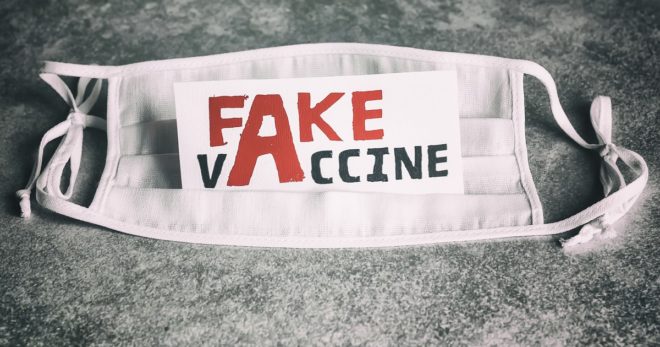The administration of Telangana, a southern Indian state, intends to avert any attempt of hoarding or black-marketing of COVID-19 vaccines using blockchain technology. Four of the six companies working round the clock in the nation to develop a coronavirus vaccine are based in Hyderabad.
Deploying blockchain-based Vaccine Ledger
Telangana’s IT Department seeks to use a blockchain solution dubbed Vaccine Ledger developed by T-Hub startup StaTwig whose previous clients include the United Nations Children Fund (UNICEF) mandated with distributing global vaccines and providing developmental and humanitarian aid to children.
Vaccine Ledger is deemed as a tried-and-tested solution, which deploys blockchain technology to track every single dose of a vaccine from manufacturer to consumer. StaTwig has been given the green-light to pilot the trailing of COVID-19 medicines using Vaccine Ledger and is expected to go live soon.
Siddhartha Chakravarthy, StaTwig Founder, noted.
“As of now, while the vaccines get developed, StaTwig will take up a pilot to track the supply of Covid-19 medicines, such as Remdesivir, in Nalgonda.”
Pegging digital IDs
Every vaccine dose is expected to have a serial number that will serve as a digital ID, as well as a QR code to be scanned at different supply levels.
Chakravarthy acknowledged:
“Each vaccine dose has a serial number, which will work as a digital ID for that particular dose of vaccine. The label of the vaccine will also have a QR code, which will be scanned at various supply points. Through these scans, which are available both on mobile and web, we will know how the vaccine is changing hands.”
All transactions at distinctive supply points are expected to be tamper-proof as they will be stored on Vaccine Ledger.
Combatting contraband medicines
When asked about how the blockchain solution could detect counterfeit or contraband drugs, Chakravarthy responded that medicines are often black-marketed whenever they are being returned. Therefore, a simple QR code scan will come in handy in determining real products.
He added:
“The reverse supply chain is sometimes not that straightforward. Lots of things can go wrong. They may get stolen or sold in a different way. With our solution, even a doctor or nurse administering the product in question can scan the QR code and check whether it is a real product brought through proper channels.”
As the world continues grappling with the COVID-19 pandemic, blockchain technology has been at the forefront to offer solutions. For instance, in April, at least 100 Spanish researchers teamed up to design and artificial intelligence (AI) and blockchain-based app to picture the evolution of this virus.
Image source: Shutterstock




